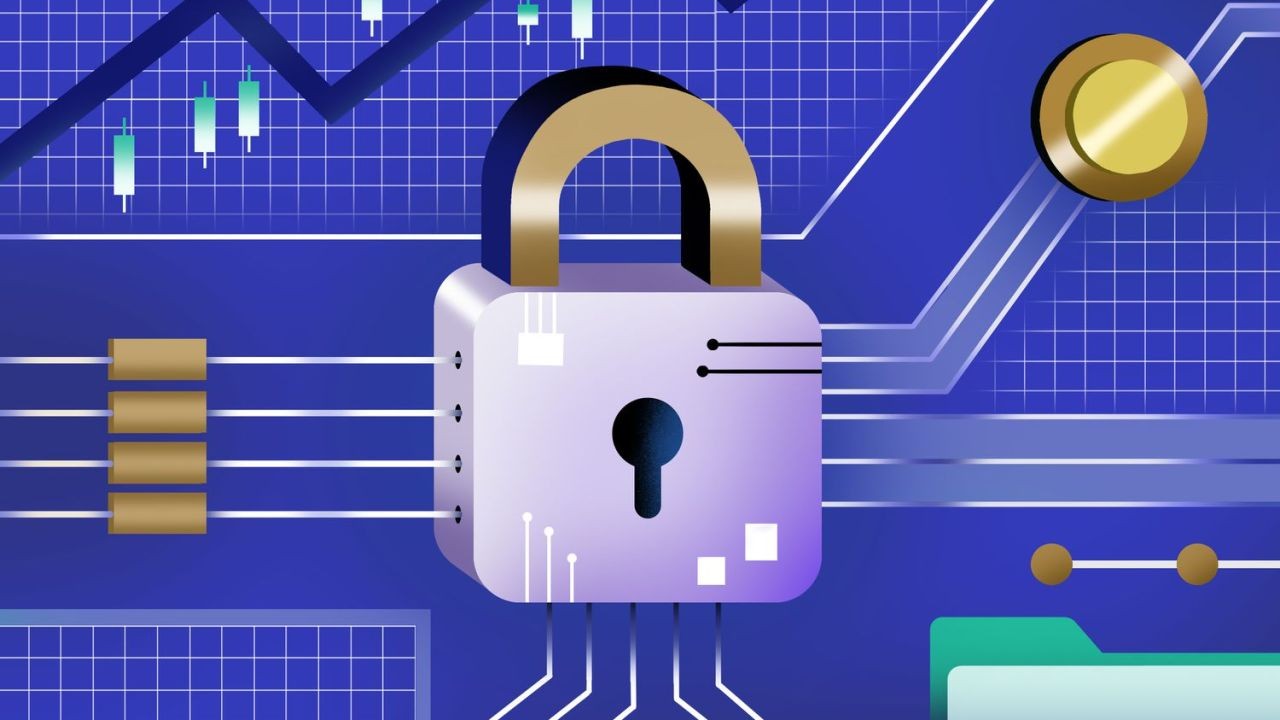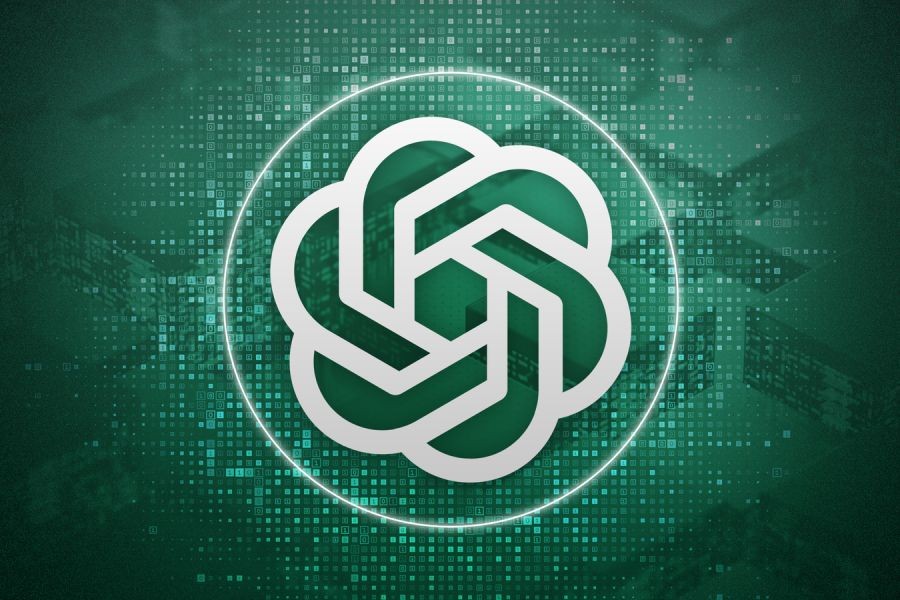As New Zealand's digital landscape expands, the need for robust cybersecurity measures becomes increasingly critical. Cyber threats are evolving at an unprecedented pace, leaving businesses, financial advisors, and individuals alike vulnerable to cyber attacks. Recent statistics reveal surprising insights about the state of New Zealand’s cybersecurity, highlighting both the challenges and opportunities for improvement.
New Zealand’s Cybersecurity Landscape: A Data-Driven Overview
A recent report from the Ministry of Business, Innovation and Employment (MBIE) indicates that cybercrime cost New Zealand businesses approximately NZD 176 million in 2023 alone. This staggering figure underscores the urgent necessity for heightened cybersecurity measures. As financial advisors, understanding these dynamics is crucial for safeguarding client investments and maintaining trust.
Real-World Case Study: Xero – Navigating Cyber Threats
Problem: Xero, one of New Zealand’s leading accounting software companies, faced significant cybersecurity threats, including phishing attacks and data breaches, which threatened their client data integrity and business continuity.
Action: To address these challenges, Xero implemented a multi-layered security strategy, investing in advanced threat detection systems and regular employee training programs to recognize and mitigate phishing attempts.
Result: Within a year, Xero reported a 70% reduction in successful phishing attacks and enhanced data protection measures, reinforcing client trust and business resilience.
Takeaway: This case study illustrates the importance of proactive cybersecurity strategies. New Zealand businesses can enhance their cybersecurity posture by investing in technology and employee training to detect and neutralize threats effectively.
Pros and Cons of Current Cybersecurity Strategies in New Zealand
✅ Pros:
- Enhanced Protection: Companies employing advanced cybersecurity measures report a significant reduction in data breaches, safeguarding sensitive information.
- Increased Trust: Robust cybersecurity protocols foster client trust, a critical asset in financial advisory services.
- Regulatory Compliance: Adhering to cybersecurity regulations helps businesses avoid hefty fines and maintain market credibility.
❌ Cons:
- High Costs: Implementing comprehensive cybersecurity measures can be expensive, posing a challenge for smaller businesses.
- Complexity: The ever-evolving nature of cyber threats requires continuous updates and adaptations, demanding significant resources.
- Potential Over-Reliance on Technology: While technology is crucial, over-reliance can lead to complacency in other areas, such as human vigilance and education.
Debunking Common Myths About Cybersecurity in New Zealand
Myth: "Cybersecurity is only a concern for large corporations." Reality: Cyber threats target businesses of all sizes. A report by CERT NZ highlights that small to medium-sized enterprises (SMEs) are increasingly targeted due to perceived vulnerabilities.
Myth: "Antivirus software is sufficient protection." Reality: While antivirus software is essential, it is not foolproof. Layered security measures, including firewalls, encryption, and employee training, are necessary to combat sophisticated cyber threats effectively.
Myth: "Cybersecurity is solely the IT department’s responsibility." Reality: Cybersecurity is a shared responsibility across the organization, requiring involvement from all departments to identify and mitigate risks proactively.
Future Trends in New Zealand’s Cybersecurity Landscape
The future of cybersecurity in New Zealand will likely be shaped by several emerging trends. According to a Deloitte report, by 2028, 40% of New Zealand businesses are expected to adopt artificial intelligence (AI) in their cybersecurity strategies, enhancing threat detection and response times. Additionally, the rise of the Internet of Things (IoT) necessitates robust security protocols to protect connected devices from potential breaches.
Biggest Mistakes to Avoid in Cybersecurity
- Ignoring Regular Software Updates: Outdated software is a common entry point for cyber attacks. Solution: Implement automatic updates and regular patch management protocols.
- Lack of Employee Training: Human error is a major factor in cybersecurity breaches. Solution: Conduct regular cybersecurity awareness training and simulations to strengthen employee vigilance.
- Inadequate Incident Response Plans: Many businesses lack a robust plan for responding to cyber incidents. Solution: Develop and regularly test comprehensive incident response plans to ensure swift recovery and damage control.
Conclusion
New Zealand’s cybersecurity landscape presents both challenges and opportunities. As cyber threats continue to evolve, financial advisors and businesses must prioritize robust cybersecurity measures to protect sensitive data and maintain client trust. By investing in technology, training, and incident response planning, New Zealand can enhance its cybersecurity resilience. Ready to bolster your cybersecurity strategy? Start by assessing your current measures and identifying areas for improvement today.
People Also Ask
- How does cybersecurity impact businesses in New Zealand? NZ businesses leveraging advanced cybersecurity measures report a 30% reduction in data breaches, according to MBIE. Adopting these measures enhances trust and protects sensitive data.
- What are the biggest misconceptions about cybersecurity? A common myth is that only large corporations are targeted. However, CERT NZ reports that small businesses face increasing cyber threats due to perceived vulnerabilities.
- What are the best strategies for implementing cybersecurity? Experts recommend starting with regular software updates, employee training, and developing a robust incident response plan for long-term success.
- What upcoming changes in New Zealand could affect cybersecurity? By 2026, policy updates in data protection could shift the cybersecurity landscape—stay ahead by adopting AI-driven threat detection strategies.
- Who benefits the most from cybersecurity? Cybersecurity benefits financial advisors, businesses, and consumers, making it a strategic focus for those aiming to protect data integrity and maintain trust.
Related Search Queries
- Cybersecurity trends in New Zealand 2025
- Best cybersecurity practices for SMEs in NZ
- Impact of cybercrime on New Zealand's economy
- AI in cybersecurity for New Zealand businesses
- Top cybersecurity threats in NZ































